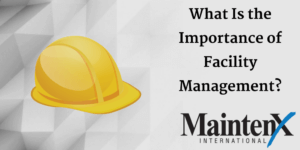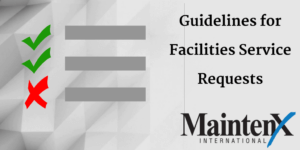
Facilities Management is becoming increasingly important, appreciated, and innovative than ever before. But what are the basics of Facility Management? A Facilities Manager has a range of responsibilities, which include:
– Ensuring proper operations and efficiency
– Safeguarding workers
– Complying with codes and regulations
– Saving the company money
– Increasing productivity
– Creating a comfortable environment for employees, clients and customers
What areas are covered by Facilities Management?
Facilities Management is involved in both strategic planning and day-to-day operations, some areas of responsibility include:
– Building maintenance
– Cleaning
– Catering and vending
– Archiving
– Health and safety
– Contract management
– Security
– Waste disposal
– Recycling
– Utilities
Day-to-Day Responsibilities:
A Facility Manager has a lot on their plate. Among other things, Facilities Managers need to:
– Prepare documents
– Supervise and coordinate the work of contractors
– Plan for future development
– Meet with vendors and contractors
– Negotiate prices
Health & Safety Management
Health & Safety is a key part of the Facilities Manager and managing the Health & Safety of the site is the key to a thriving and successful work environment.
The consequences of not complying with health and safety regulations can be quite severe. Apart from the obvious risk of injury or death to an employee or client, they can also include:
– Fines
– Imprisonment
– Bad publicity
– Loss of customers
– Loss of staff
Practice good communication, get feedback from the customer and, most importantly, act on problems as soon as you hear about them. You must ensure the customer or client is kept in the picture at all times. This is vital to good customer relationship management.




